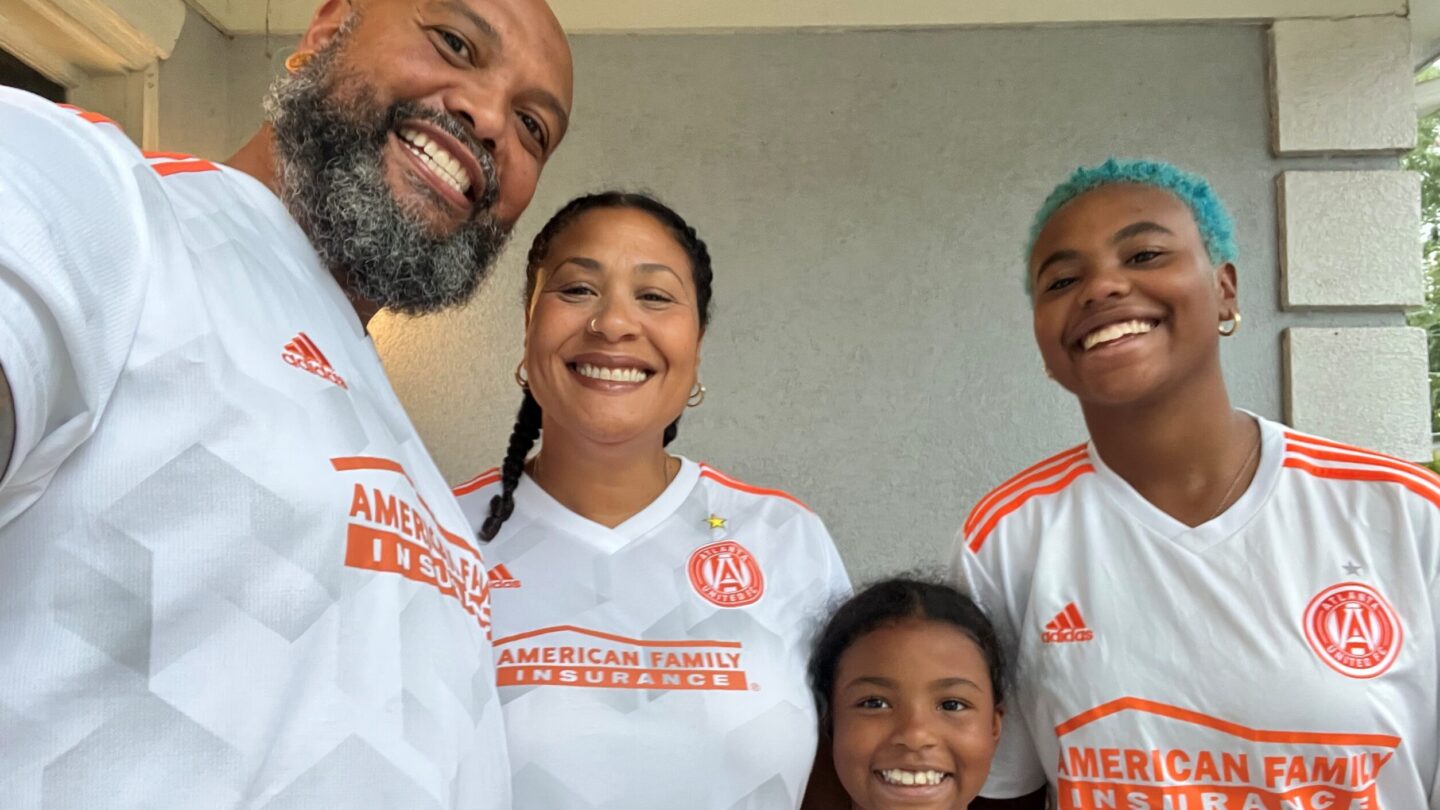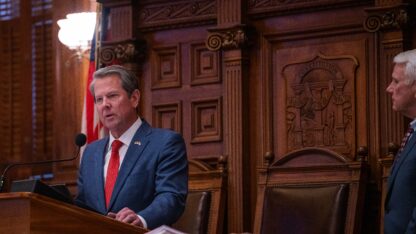Faith leaders and a Georgia family explain their opposition to SB140

Reverend Leo Seyij Allen, a transgender Baptist minister, understands firsthand what it’s like to experience suicidal ideation.
Allen says when he was a teenager, he struggled with his identity, and with the support of his chosen family, he made it through.
On Monday’s edition of “Closer Look,” Rose talked with several guests about why they oppose SB140 becoming law.
The controversial legislation, recently signed by Georgia Governor Brian Kemp, bans most medical and hormone replacement therapy for transgender kids to affirm their gender identity.
Rev. Allen, who now serves as the Georgia campaigns manager for Faith in Public Life, first explained how he uses his life experiences to support others and shared encouraging words for trans youth.
“There are coalitions of hundreds of people of faith from all sorts of belief systems, all walks of life, who are here for you,” said Allen. “Who are not only going to be praying, speaking up and speaking out but who are going to actively show up in solidarity to make sure our kids and our families are safe— to make sure no law takes away rights that God says are ours.”
Rebecca Stapel-Wax, the executive director of Sojourn, the Southern Jewish Resource Network for Gender and Sexual Diversity, then talked with Scott about the need for clergy to understand the full scope of pastoral care and the gravity of SB 140.
“I think a lot of times in religious communities people don’t feel like they are equipped,” said Stapel-Wax. “They don’t have the language. They don’t have the texts to rely on.”
Lastly, Rose talked with the Frame family. The family of four discussed their experience in raising and supporting a child who identifies as agender/non-binary.
“Children want to know how can they help. How can they help the decision-makers see them—and that’s hard,” said Naimah Oladuwa. “It’s hard when you are talking about, you know, a conservative-leaning state and advocacy and youth advocacy and what matters. And so you know, we try to have open conversations. There are no secrets in our house.”







